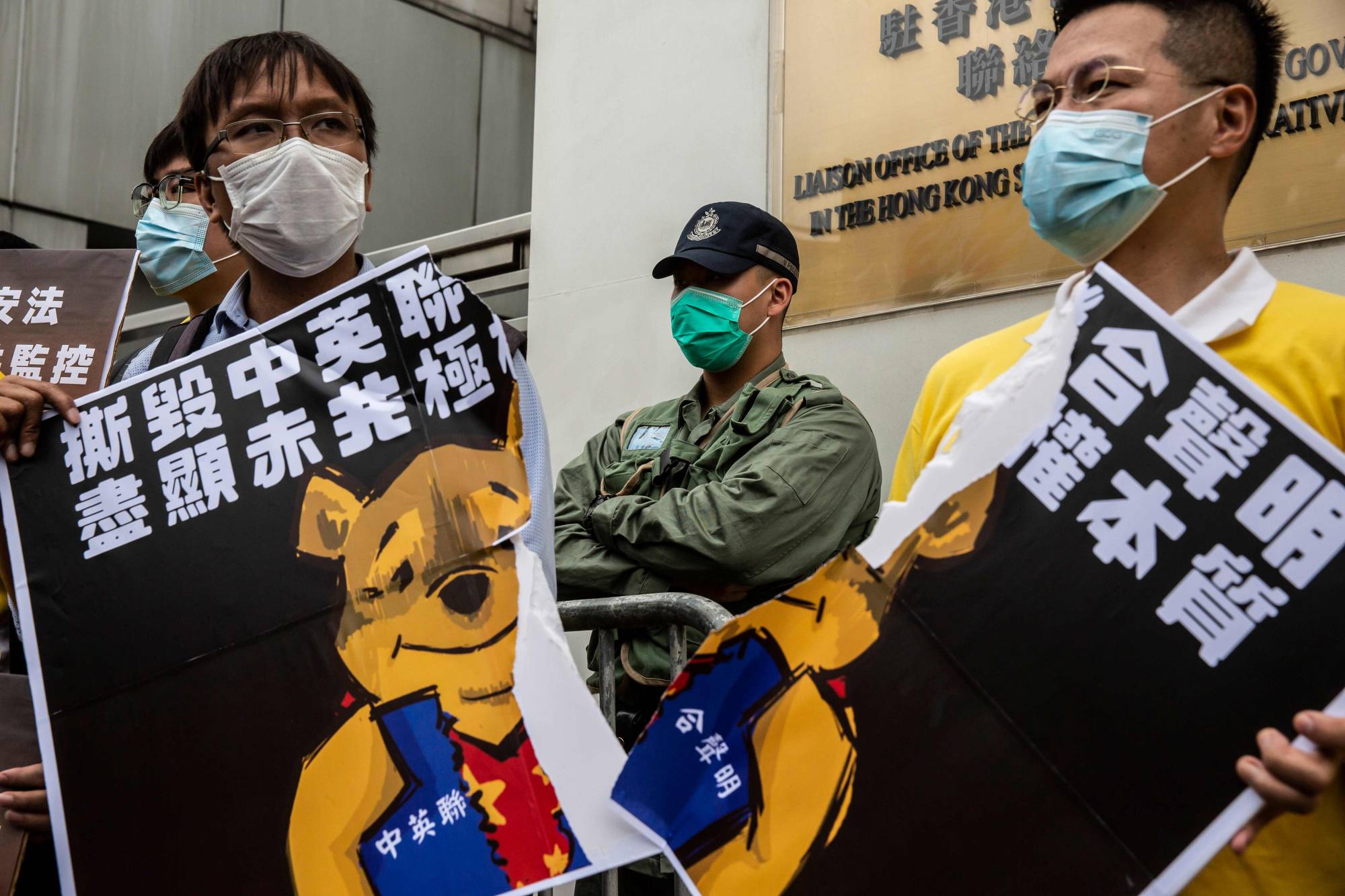For Chinese leader Xi Jinping, it's a high-stakes power play. His move to impose tough national security laws on Hong Kong has reignited pro-democracy protests that plunged the city into chaos last year, and it also risks increasing tensions in an already fraught relationship with the United States and undermining Hong Kong's status as a global financial hub.
In the aftermath of last year's protests, Beijing appears determined to stamp out any renewed rebellion against the Communist Party's authority over the former British colony. China's largely rubber-stamp parliament, the National People's Congress, is preparing to circumvent the city's lawmaking body, the Legislative Council, in drafting the new laws. The fear among many in Hong Kong is that China intends to criminalize existing freedoms, including criticism of the central government and its policies. It is the latest and biggest step in a concerted effort by Beijing to assert control over Hong Kong and its 7.4 million people.
Thousands poured onto the street of Hong Kong on Sunday in a mass protest against the planned new laws. Police fired tear gas and water cannons to disperse the crowd and arrested almost 200 people. More protests are expected in Hong Kong on Wednesday.

















With your current subscription plan you can comment on stories. However, before writing your first comment, please create a display name in the Profile section of your subscriber account page.